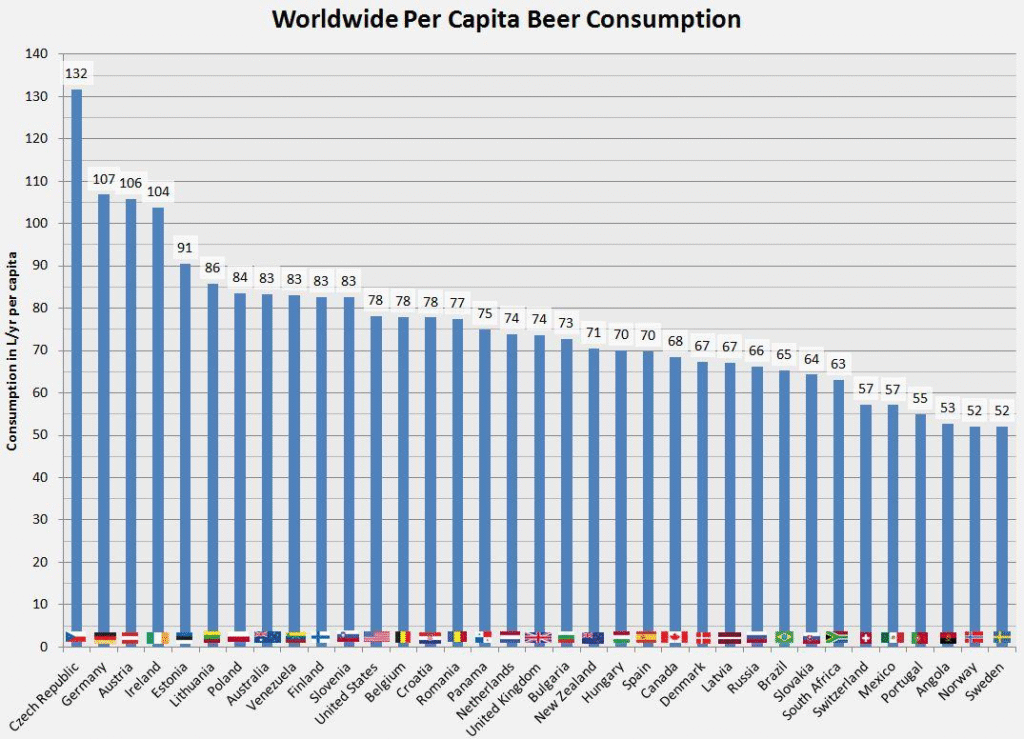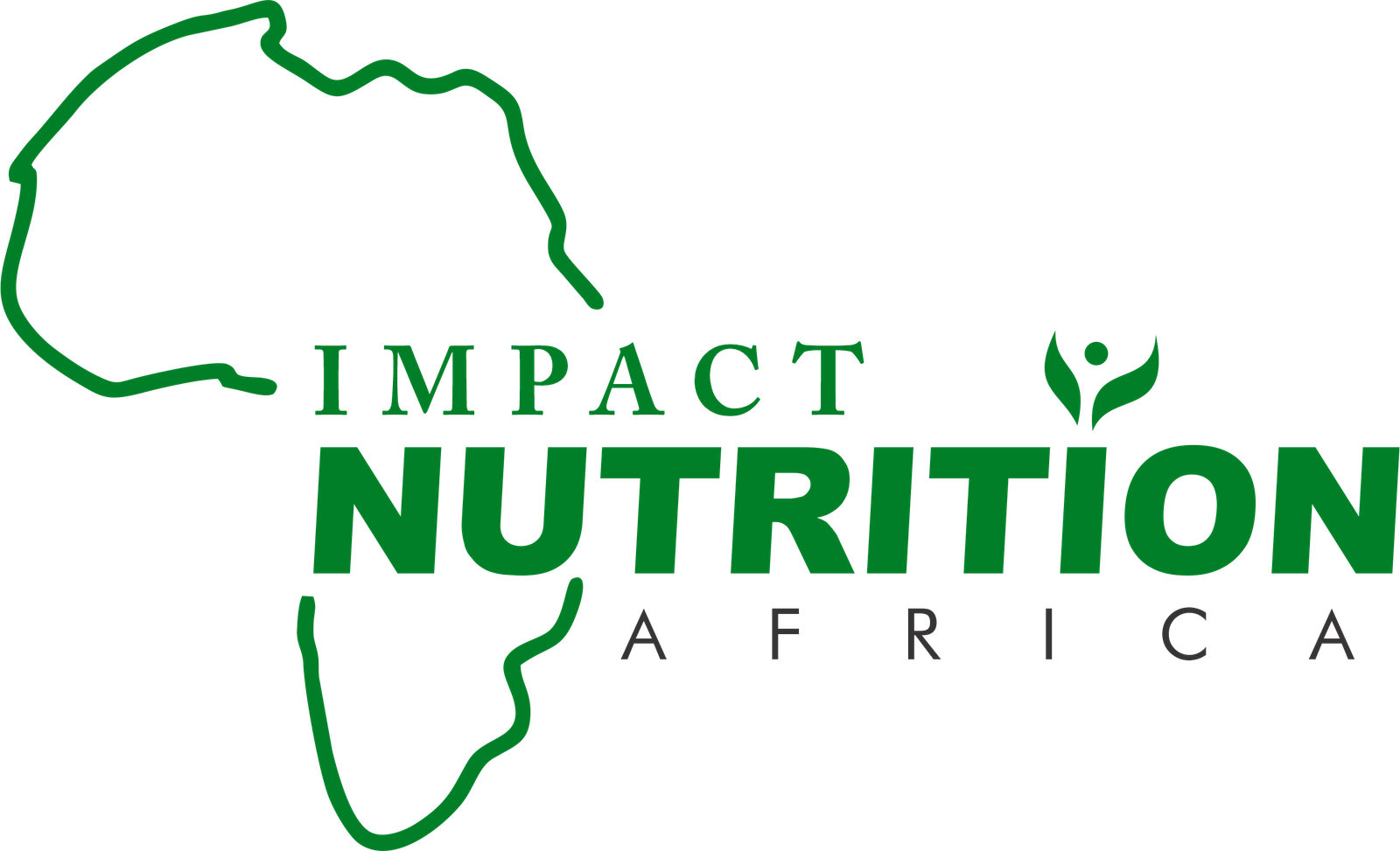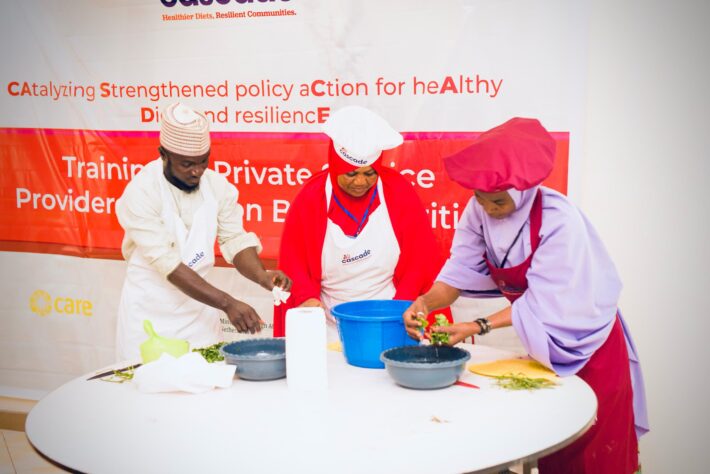Alcohol, and its Impacts on your Nutritional Status

What is Alcohol?
Alcohol is a general term used for ethanol found in drinks intended for human consumption. Commonly consumed forms of alcohol include malt beer, wine, spirits and other fermented beverages made from cereals such as maize, millet and sorghum. Alcoholic beverages have a wide range and they all contain ethanol in varying amounts depending on the type of beverage; beer which is made from grain has about 5% alcohol, wine produced from grapes has about 12% alcohol, while distilled liquor made from grains or wines has about 40% alcohol. The latter, which is also the most widely consumed, has a substantial amount of ethanol which makes it more dangerous to health than the other types of alcoholic beverages, as it poses higher risks of intoxication, alcohol dependence and toxic effects on the body when consumed excessively.

Another commonly used alcohol especially in this part of the World, is the mixed drinks which consist of both branded and unbranded (locally-made) alcoholic beverages. These traditional beverages are usually made-up of a mixture of herbs and alcohol.
According to Adeniyi and Ojumu, traditional beverages are commonly consumed in both rural and urban areas usually among the low-income earners and illiterates, under the guise that it has benefits to health.
Alcohol consumption is a major public health challenge worldwide, in all countries including Nigeria. The World Health Organization (WHO) revealed that alcohol consumption contributes to 3 million deaths each year globally as well as to the disabilities and poor health of millions of people. Harmful use of alcohol is accountable for 7.1% and 2.2% of the global burden of disease for males and females respectively. Alcohol is the leading risk factor for premature mortality and disability among those aged 15 to 49 years, accounting for 10 percent of all deaths in this age group.

Source: Kirin’s food and lifestyle report vol.33 (http: goo.gl/qe0Wwk)
The Impacts of Alcohol on Nutritional status
Heavy consumption of alcohol has adverse effects on an individual’s nutritional status. Research indicates that Alcoholics often eat poorly, limiting their supply of essential nutrients and affecting both energy supply, and structure maintenance.
Alcohol contains about 7 calories per gram, however, these calories do not provide any of the carbohydrates, proteins, fats, vitamins or minerals needed to maintain body function. And, as a result, alcoholics tend to encounter nutritional problems at various stages of alcoholism.
Malnutrition: Majority of Alcoholics experience severe malnutrition as it replaces foods needed for essential nutrients, thereby interfering with absorption, storage or metabolism of the essential nutrients.
Weight gain: Research suggests that heavy episodic drinking is associated with a 41% higher risk of transitioning from normal weight to overweight, a 36% higher risk of transitioning from overweight to obese, and a 35% higher risk of maintaining obesity compared to those who are not heavy drinkers.
Overeating: Consumption of alcohol can lead to an increased appetite, and craving for foods that are very high in fats. In this case, alcohol interferes with the hormone Leptin, causing one to feel hungry and eat more in order to be full.
Hypoglycemia: Alcohol can cause a decrease in blood sugar in Alcoholics who are malnourished. The Hypoglycemia, even if short-lived, can cause the brain and other body tissue to be deprived of the glucose needed to function.
Birth defect; Fetal Alcohol-Syndrome: The nutritional deficiencies of an alcoholic mother can adversely affect the nutrition of the fetus. Alcohol has direct toxic effects on fetal development, restricting nutrition flow to the fetus thereby causing alcohol-related birth defect like Fetal alcohol-syndrome.
Alcohol, and Nutritional deficiencies.
Alcohol can disrupt body function by causing nutrient deficiencies, and by usurping the machinery needed to metabolize nutrients.
Heavy drinking is associated with deficiencies in many vitamins and minerals because of decreased food ingestion, impaired absorption, metabolism, and utilization. Alcohol inhibits fat absorption, thereby impairing the absorption of the vitamins A, E, and D that are normally absorbed along with dietary fats. The vitamins C, K, and the B vitamins are also deficient in some Alcoholics. These vitamins are involved in wound healing, and cell maintenance. In particular, because vitamin K is necessary for blood clotting, deficiencies of that vitamin can cause delayed clotting, and result in excessive bleeding.
Deficiencies of Minerals such as Calcium, Magnesium, Iron, and Zinc are also common in Alcoholics. Mineral deficiencies can cause a variety of medical consequences from Calcium-related bone disease, to Zinc-related night blindness, to Iron-related gastrointestinal bleeding, and skin lesions.
Nutritional Advice
Alcohol doesn’t provide any essential nutrients to the diet. Therefore, it’s something one could do without. Healthy alternatives to alcohol that are packed with nutrients include:
- Fruit smoothies
- 100% Juice drinks
- Low-fat milk
- Tomato juice
- Unsweetened tea or Green tea
- Flavoured water
- Sparkling water and
- Spring water
Consuming well balanced meals and snacks, which include fruits, vegetables, whole grains, and protein sources will help to meet nutritional needs.
References
Greenfield T., Ye Y., Bond J., Kerr W., Nayak M., Kanskutas L., Anton R., Litten R. and Kranzler H. (2014) Risk of Alcohol Use Disorders Related to Drinking Patterns in the U.S. General Population. Journal of Studies on Alcohol and Drugs; volume 75(2): 319-327.
Addo J, Cook S, Galbete C, Agyemang C, Klipstein-Grobusch K, Nicolaou M, et al. (2018) Differences in alcohol consumption and drinking patterns in Ghanaians in Europe and Africa: PLoS ONE 13(11): e0206286. https://doi.org/10.1371/journal.pone.0206286.
Tastessence (2018). Different types of alcohol. Available at: Https://tastessence.com/different-types-of-alcohol.
The athlete (2014). Drug abuse; alcohol [Online] Available at:http://www.theathlete.org/drug-abuse/alcohol.htm.
World health organization (2022) Harmful use of alcohol. Available at https://www.who.int/health-topics/alcohol
Verywell mind (2021). How does alcohol affect your Nutrition. Available at: https://www.verywellmind.com/nutritional-effects-of-alcohol-63192
The Freedom center (2021). The 3 biggest ways that Alcohol causes weight gain. Available at: https://www.thefreedomcenter.com/the-3-biggest-ways-that-alcohol-causes-weight-gain/
National Institute of Alcohol Abuse and Alcoholism (1993). Alcohol and Nutrition. Available at: https://pubs.niaaa.nih.gov/publications/aa22.htm
Nutrition care systems (2009). Alcoholism and Nutrition. Available at: https://www.nutritioncaresystems.com/alcoholism-and-nutrition/
Written by: Olabode Adeola and Oluwatoyin Esohe



